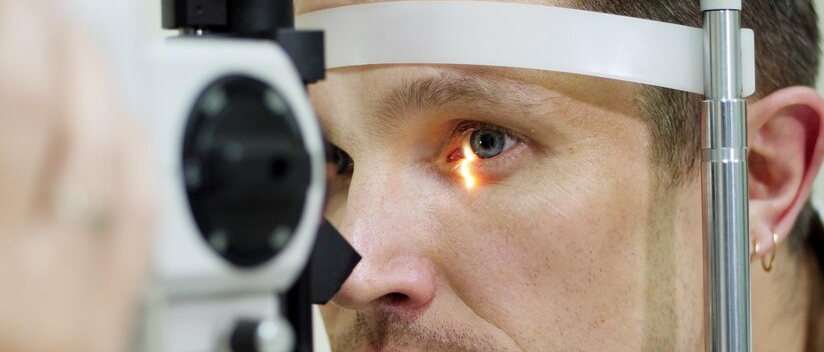The following is a summary of “Diagnostic validity of specific immunoglobulin E levels to alpha-gal in alpha-gal syndrome: a cross-sectional analysis,” published in the November 2023 issue of Allergy & Immunology by Germán-Sánchez et al.
Alpha-gal Syndrome (AGS) diagnosis relies on symptoms following exposure to potential alpha-gal sources and specific IgE (sIgE) values to alpha-gal ≥ 0.1 kUA/L or ≥ 0.35 kUA/L. This study aimed to assess the diagnostic validity of sIgE levels ≥ 0.1 kUA/L in identifying AGS.
A cross-sectional analysis involved adult patients with sIgE data to alpha-gal, grouped by symptom presence (Group 1) or absence (Group 2) after alpha-gal exposure. sIgE to alpha-gal ≥ 0.1 kUA/L indicated a positive result. A descriptive analysis of internal and external validity parameters was conducted in the entire population, adjusted by sex.
The study comprised 33 individuals in Group 1 and 65 in Group 2, with an average age of approximately 47 years. Internal validity analysis demonstrated high sensitivity, specificity, and positive probability ratio, with greater sensitivity in men and higher specificity in women. External validity parameters exhibited a high negative predictive value and overall value across populations and sexes. However, the positive predictive value was relatively high in men but low in women.
Results suggest that sIgE levels ≥ 0.1 kUA/L may be a valuable tool for AGS diagnosis, though consideration of other factors and diagnostic techniques is essential.
Source: aacijournal.biomedcentral.com/articles/10.1186/s13223-023-00856-6

















